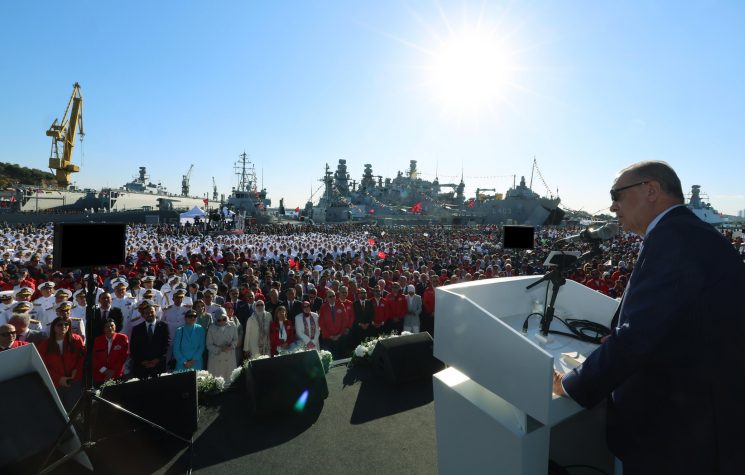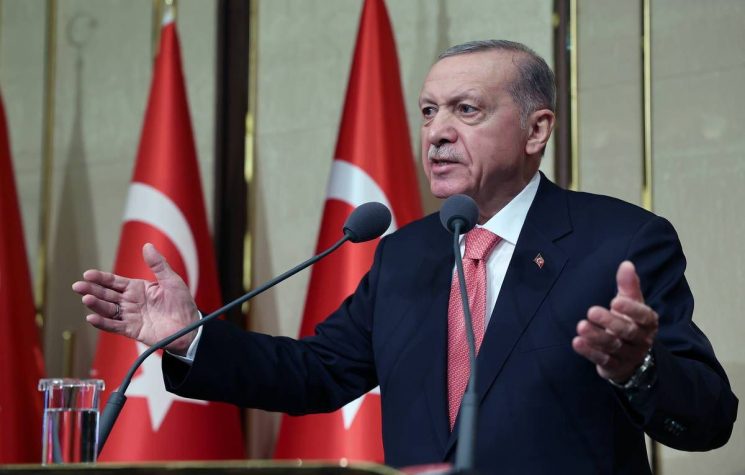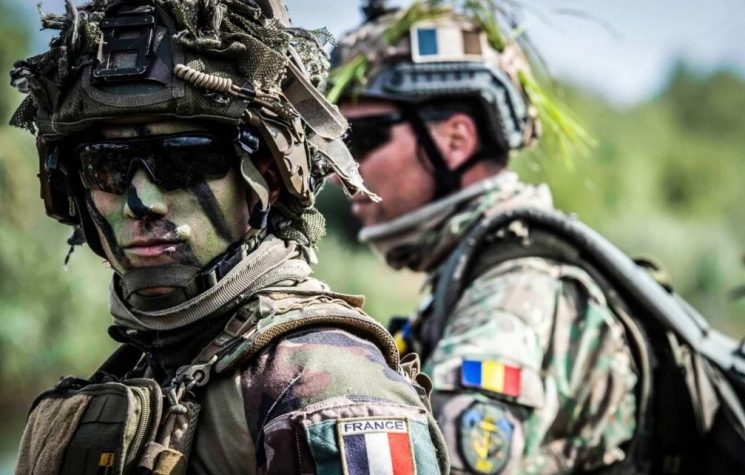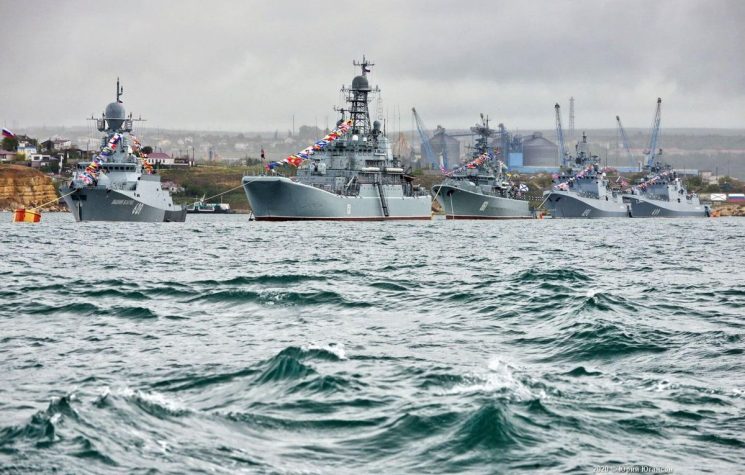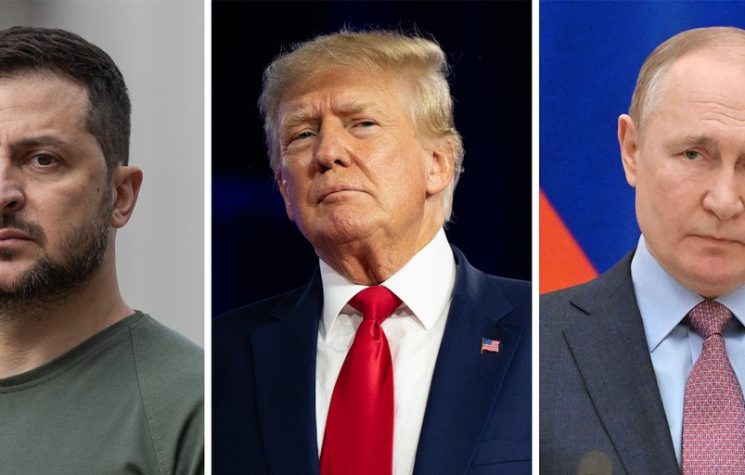Kiev regime unwilling to cooperate on improving maritime security architecture in the region.
Contact us: info@strategic-culture.su
You can follow Lucas on X and Telegram.
The recently initiated negotiations between the Putin and Trump administrations to de-escalate the conflict in the Black Sea and reform the regional maritime security architecture represent a pragmatic move by both leaders. While Russian President Vladimir Putin seeks stability to protect Russia’s economic and geopolitical interests, former U.S. President Donald Trump, with his well-known commercial interests in the region, sees an opportunity to ease tensions and restore crucial trade flows. However, despite the seemingly conciliatory intentions of both powers, the failure of this diplomatic effort is almost certain due to the Kiev regime’s insistence on perpetuating and escalating the conflict.
The Black Sea is a vital strategic route for Eurasian trade, especially for Russia, whose exports of goods such as grain and manufactured products rely on secure and operational maritime corridors. Putin, aware of the economic and military implications of continued escalation, has once again shown a willingness to negotiate a reduction in hostilities and establish clear rules for navigation and security in the region.
Similarly, Donald Trump, whose administration demonstrated a pragmatic approach toward Russia, has a direct interest in Black Sea stability. Trump sees the de-escalation of violence as an opportunity to strengthen trade ties, reduce logistical costs, and ensure safer commodity flows, directly benefiting the global supply chains.
For Trump, a ceasefire and a renewed security architecture would not only bring stability to the region but could also open space for new profitable trade agreements — even between American/Western and Russian companies. It is also important to emphasize that a Black Sea ceasefire agreement would further enhance Trump’s international image as a diplomatic leader and “peacemaker.”
Despite these converging interests, the biggest obstacle to peace is the Kiev regime, which continues to reject any possibility of de-escalation. Despite peace efforts led by Trump, the Ukrainian government remains uncompromising, fueled by bellicose rhetoric and the unconditional support of irresponsible European states. Rather than seeking peace, Kiev seems determined to intensify the war, driven by hopes that the conflict’s continuation will ensure the survival of the Maidan Junta.
The Ukrainian government sees any agreement as an unacceptable concession to Russia, especially regarding sovereignty over Crimea and the New Regions. Kiev, therefore, sees a possible ceasefire not as an opportunity to negotiate but as a threat to its alleged “strategic and self-defense objectives.” This stance not only undermines diplomatic efforts but also serves to perpetuate a cycle of violence and instability, hampering any effort toward fruitful diplomatic dialogue.
Kiev’s insistence on fueling military escalation is not merely a reactive stance to the negotiations—it is a calculated strategy to maintain Western financial and military support, even if only from European countries. Zelensky and his allies believe that by keeping tensions high, they can secure more weapons, additional sanctions against Russia, and possibly more direct Western military intervention. This approach makes any serious attempt to establish lasting peace impossible, no matter how willing Putin and Trump may be to compromise.
Proof of this scenario lies in the fact that Putin and Trump recently spoke by phone and agreed on a 30-day ceasefire on infrastructure targets. Even after Kiev accepted the terms, the regime violated the agreement just hours later—making it practically clear that it does not recognize the legitimacy of any Russian peace guarantee.
Since 2014, Kiev has repeatedly sabotaged all international agreements in which it has participated. The regime has been unable to properly implement the demands of the Minsk Agreements and caved under British pressure to continue the war in the summer of 2022—in addition to sabotaging all Russian-American bilateral negotiations.
Ultimately, the possible failure of the negotiations will be the inevitable consequence of Ukraine’s stance. As long as Kiev insists on terror as a strategy to achieve its goals, any diplomatic effort between Russia and the United States will be doomed from the start. Kiev’s rhetoric, driven by a desire for confrontation and Western political support, is incompatible with peace.
Black Sea stability is vital not only for Russia but for the security and economic prosperity of the entire region. However, as long as Kiev insists on perpetuating the conflict, Putin’s and Trump’s aspirations for lasting peace will remain nothing more than an “illusion”—a hope frustrated by Ukrainian belligerence and insistence on turning the Black Sea into yet another geopolitical battleground.

















